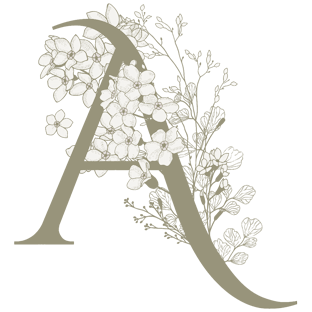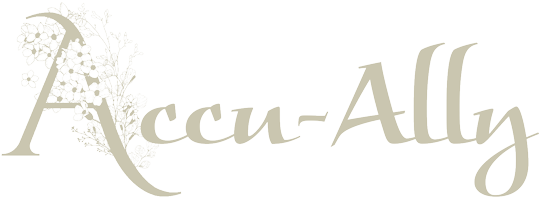Chinese Medicine is concerned with balance, circulation & movement, relationships, and quantity of energy. Imbalances and disruptions can result from injuries, infections, exposure to toxins/environmental factors, mental/emotional disturbances, stress, lifestyle choices, improper diet, and genetic predispositions. This is not magic (although magical things can happen!). Nor is it new, voodoo, or unproven. It is, in fact, one of the oldest healing practices in use today, and has been utilized by millions of people all over the world for thousands of years!
Here is a link to information about evidence-based acupuncture:
https://www.evidencebasedacupuncture.org/acupuncture-scientific-evidence/
A comprehensive understanding of how the body functions internally, and how we as individuals respond differently to our environment (work, stress, diet, food, exercise, and toxins) is coupled with a very specialized method of diagnosis allowing me to identify your strengths, weaknesses, and the root causes of your symptoms. A treatment plan is then created and tailored specifically to your condition. Because of this unique and individualized approach to health, Chinese Medicine has continued to evolve with our ever-changing world and is recognized as a safe, effective, affordable healthcare choice for ALL ages!
Yin and Yang
The concept of Yin-Yang is probably the single most important and distinctive theory of Chinese medicine. These two represent complementary opposites, each seeded with the other so that each may transform into the other. The taiji symbol represents transformation and balance. It is a simple concept, really. A few examples to help demonstrate this are: day turns to night, night to day; growth turns into decay that nourishes the soil for new growth, and so on. The evaluation of the Yin and Yang aspects of the body and its organ systems is crucial. (front/back, above/below the waist, exterior/interior, structure/function).
Yin is the more dense, cooler, quiet, inner, feminine, contractive aspect of the two, while Yang is the lighter, warmer, energetic, outer, more expansive aspect. It could be said that the whole of Chinese Medicine can be reduced to this basic and fundamental theory.
Qi, Blood, and the Meridians
The most common translation of the word Qi is ‘energy’ although it truly is more than that! Qi is the vital energy, the body’s own intelligence, that communicates, coordinates and synchronizes all your bodily functions. This Qi flows throughout the body via its own pathways called channels or meridians. It’s like a road map that includes major interstates, highways, main roads, back roads, etc. Some are named after an organ system (e.g. Lung meridian, Heart meridian, etc), and each have a particular influence over general functions of an organ system or area of the body. There are points along each meridian that enhance specific actions.
The true functions of Qi are many. It is responsible for movement: up, down, in and out; for transformation (e.g. of food and drink into a usable form of energy for the body). It warms, protects, raises and holds. Some symptoms of Qi dysfunction include: reflux, constipation or diarrhea, nausea and loss of appetite, asthma, frequent colds, prolapse, pain, sweating, depression, and fatigue.
Blood nourishes and moistens the body, the organs, muscles, ligaments, nerves, vessels, and tendons. It also provides the material foundation for the mind (or Shen). Some symptoms of blood disharmonies are dry skin, hair and nails, dermatological conditions, poor memory and concentration, anxiety, visual changes, insomnia, pain, numbness and tingling, and menstrual irregularities.
Qi and Blood have an intimate relationship in the body. Proper function requires the two to be in proper quantity and in circulation in order to nourish every aspect of the body. When either of these substances is out of balance, symptoms will manifest.



